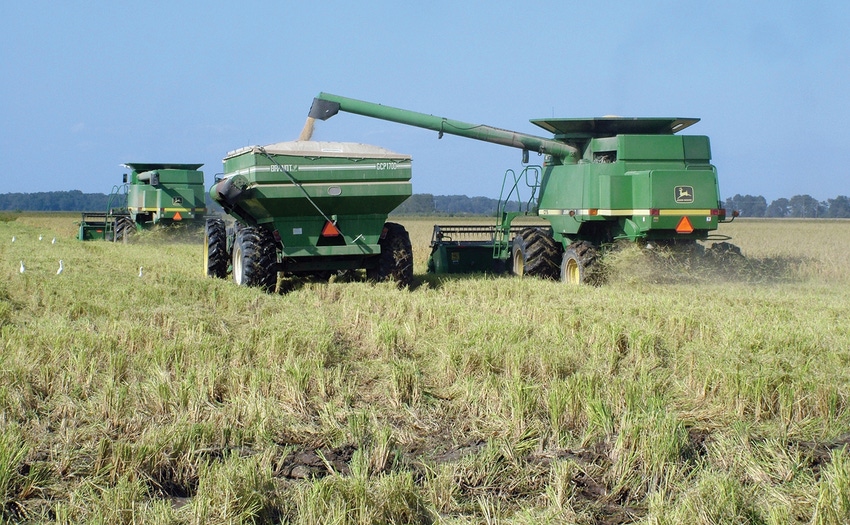January 25, 2016

U.S. and Chinese officials appear to have reached an agreement on a phytosanitary protocol for the shipment of American-grown milled rice into Chinese ports, according to a statement by the USA Rice Federation.
Most trade exports believe China has been importing more rice than it reports with most of the foreign-grown rice coming from Cambodia, Thailand and other countries along its southern border, but none from the U.S.
“The challenge now is to move from agreement to shipments," said USA Rice Federation CEO Betsy Ward, who, in the past, has described the long-running negotiations as “complex,” and involving issues that seemed to have little to do with actual pest issues faced by rice producers in the U.S.
“This extraordinary agreement has been a long time coming, and I commend the U.S. negotiators and USA Rice for sticking to it and getting us a phytosanitary protocol that while more complicated and detailed than any other rice protocol in the world, is something both industries appear able to make work,” said Dow Brantley, USA Rice chairman.
Actual export opportunities
USDA officials provided new details on how they intend to turn the phytosanitary protocol into actual export opportunities for U.S. rice last week. USA Rice's Bob Cummings participated in Thursday's Grain Sector Strategic Planning Meeting sponsored by USDA’s Animal and Plant Health Inspection Service where the status of access to China was a key topic discussed by APHIS leadership.
Cummings said APHIS laid out a series of steps involving separate inspections by APHIS and its Chinese counterpart of U.S. mills and storage facilities interested in exporting to China, publication by China of a list of ports eligible to receive U.S. rice and, finally, issuance of a decree by the Chinese government authorizing imports.
If there are no interruptions, imports could be permitted by early spring of this year, according to APHIS officials, speaking at the meeting.
“We have been working with APHIS for several weeks to identify U.S. mills and storage facilities interested in exporting to China and willing to comply with the insect trapping and record keeping requirements of the protocol,” said Cummings. “APHIS will soon contact these entities to arrange on-site inspections to assess compliance with APHIS’s work plan.
“A list of certified U.S. mills and storage facilities will then be forwarded by APHIS to China and Chinese authorities will do their own inspections, though perhaps just a sample of facilities. USA Rice will continue to work with APHIS and take the lead in educating the industry about the specific requirements of the protocol and work plan.”
'Unlike any other protocol'
“The technical aspects of this agreement are unlike any other protocol the U.S. rice industry currently operates under," said Chris Crutchfield, president of American Commodity Company, a California rice mill.
“I strongly encourage all facilities and exporters who wish to be involved in the Chinese rice trade to carefully read and understand all aspects of the agreement, and to develop and follow strict standard operating procedures and protocols including the detailed maintenance of records, as everything will need to be available for inspection by Chinese government officials at their request.”
Crutchfield chairs the USA Rice Millers’ Phytosanitary Protocol Task Force.
“We know there is a great deal of interest in China in safe, high quality U.S. rice, and we’ve spent years working on relationships in the trade in China in preparation for the day that we can ship high quality U.S. rice to China's consumers,” said Ward. “That day now looks closer.”
For more information, visit www.usarice.com
About the Author(s)
You May Also Like






